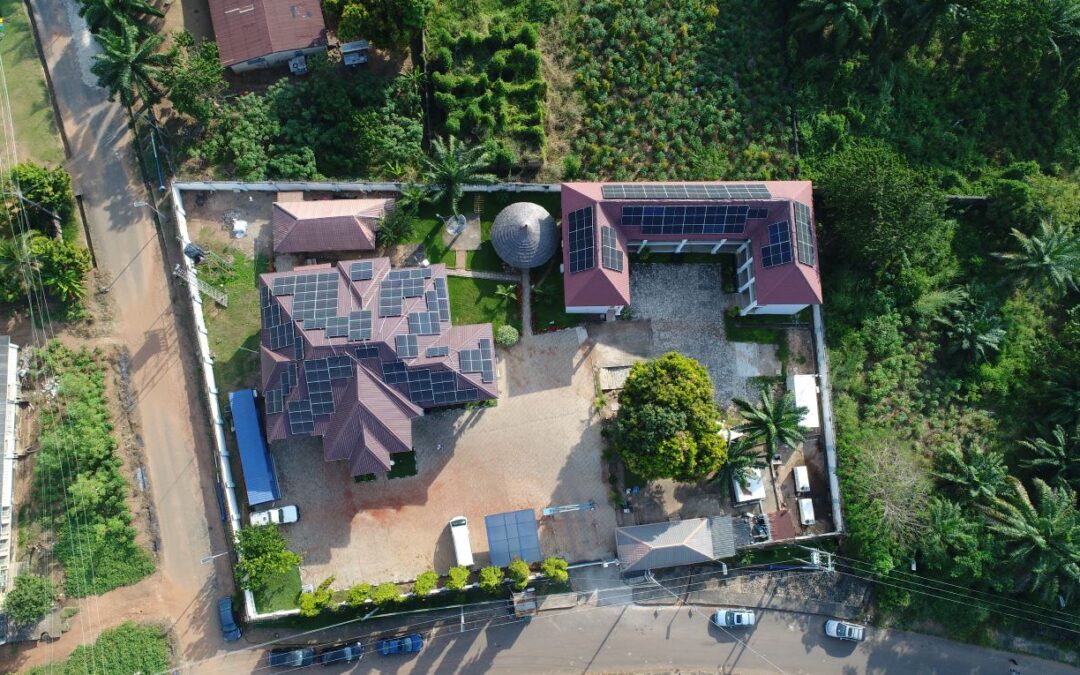

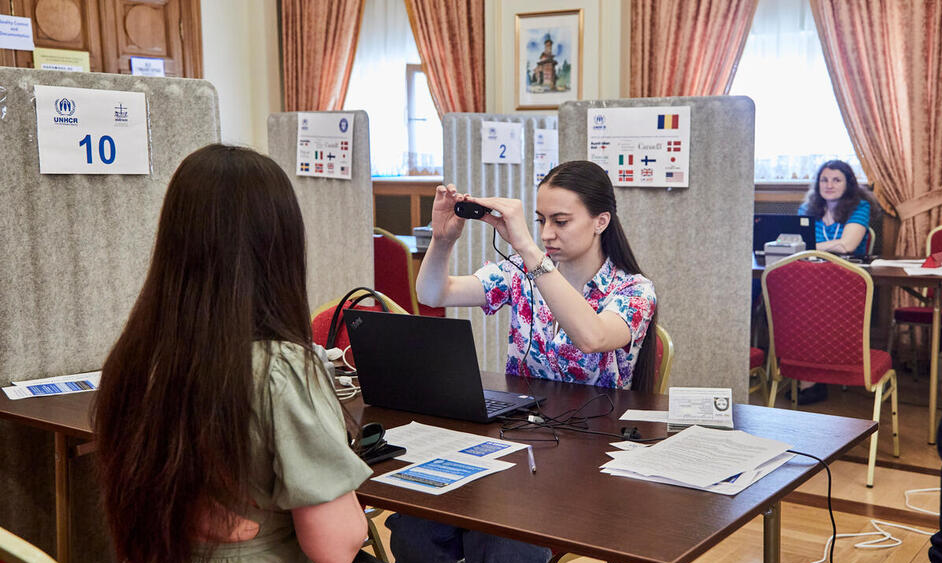
UNHCR’s photo quality initiative: enhancing photo standards in refugee registration
Ukrainian refugees at a UNHCR Registration Center for financial assistance in Bucharest. Once registered they will receive a pin to their phone which allows them to withdraw the cash at a local store. ; Each individual receives 568 Romanian Leu ($123). The center so...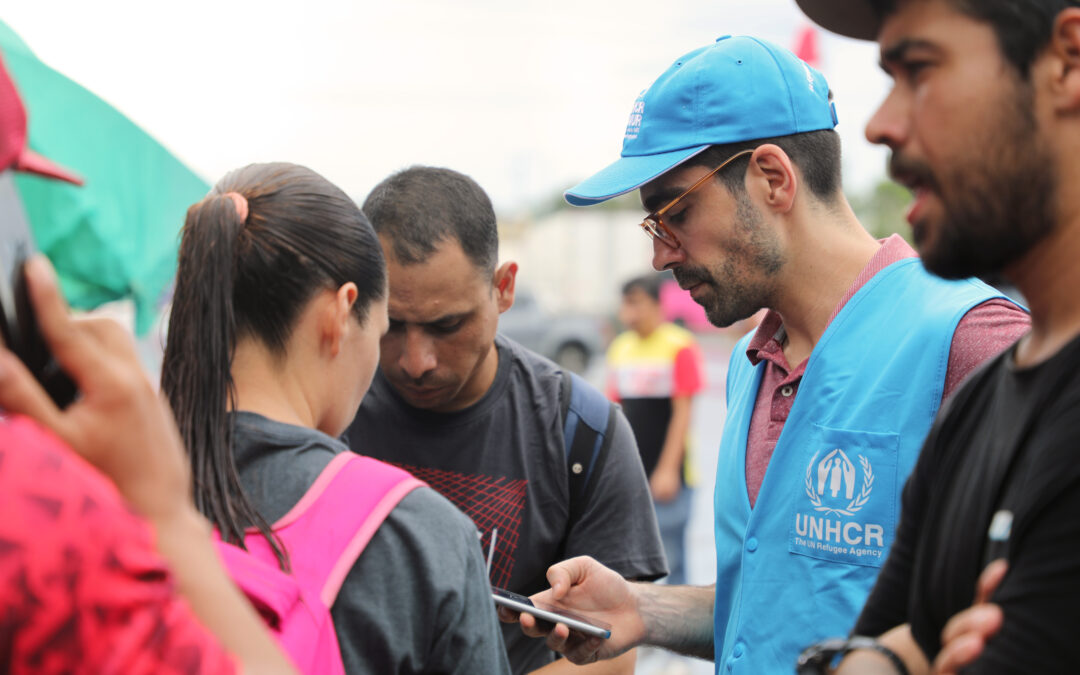
The future is data (and it’s here already)
At the end of September 2024, world leaders are coming together in New York City to convene a variety of high-level events. Between 22-23 September, the Summit of the Future will take place, which has been described as a once-in-a-generation opportunity to mend eroded trust and demonstrate that international cooperation can effectively tackle emerging threats as well as opportunities.
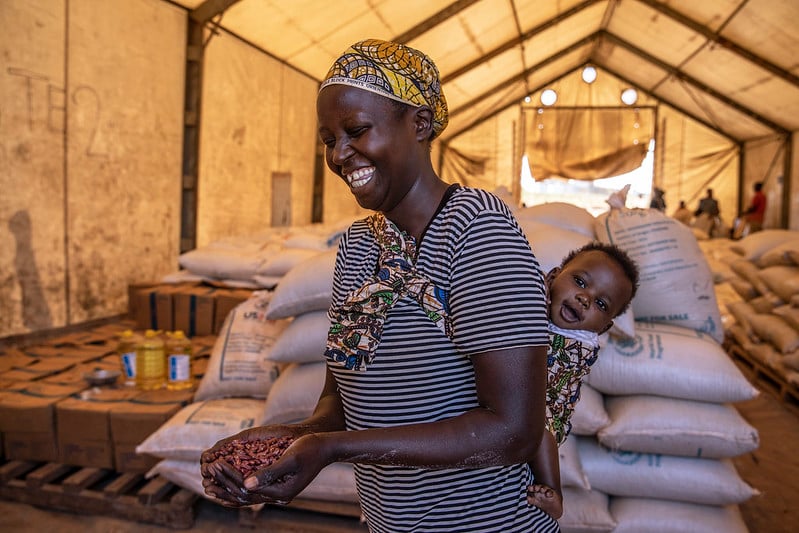
Collaboration gone right – UNHCR and WFP take data sharing to the next level in Tanzania refugee camps
It is common practice for UNHCR, the UN Refugee Agency, and WFP, World Food Programme, to collaborate in some of the world’s most difficult humanitarian responses. While UNHCR is mandated to protect those forced to flee, WFP is responsible for delivering food and life-saving assistance in emergencies and protracted refugee situations. The two organizations work together to serve the most vulnerable populations. As part of this collaboration, UNHCR and WFP may need to exchange some information on the forcibly displaced populations to ensure they receive targeted food assistance in a dignified manner.
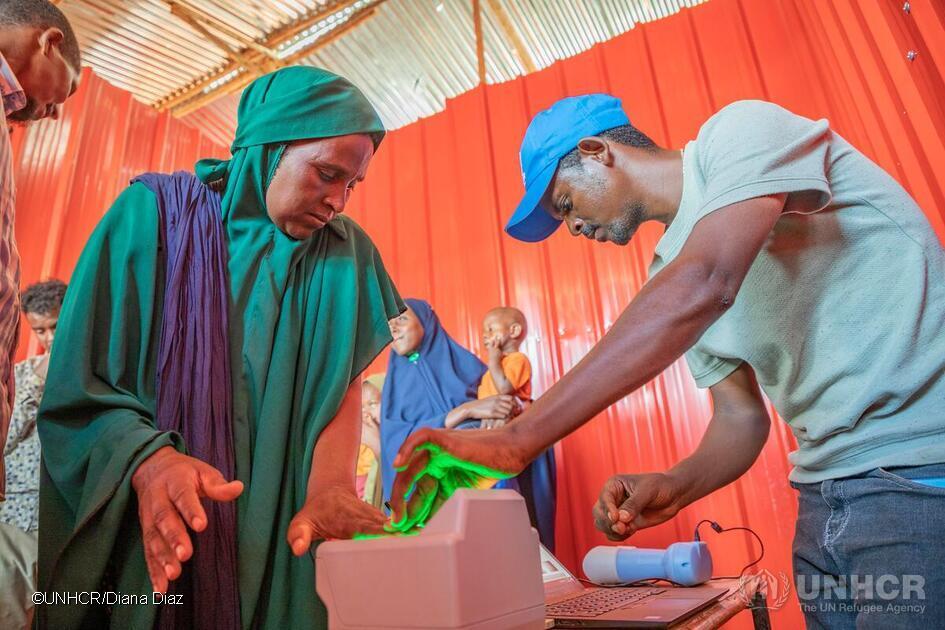
Biometrics innovation: Transforming the way we collect fingerprints at UNHCR
In 2002, UNHCR introduced biometrics, and leveraged the technology to manage the identity of the people it serves effectively. By capturing up to 10 fingerprints, 2 irises and a face photo during the initial encounter, biometrics play a crucial role from confirming an individual’s physical presence to providing assistance. UNHCR’s Biometric Identity Management System (BIMS) serves a diverse user base including UNHCR staff, partners, governments, and soon refugees themselves through self-service applications, all in a user-friendly manner. While BIMS has undergone countless improvements throughout the years, the biometric scanner devices used have remained largely unchanged.
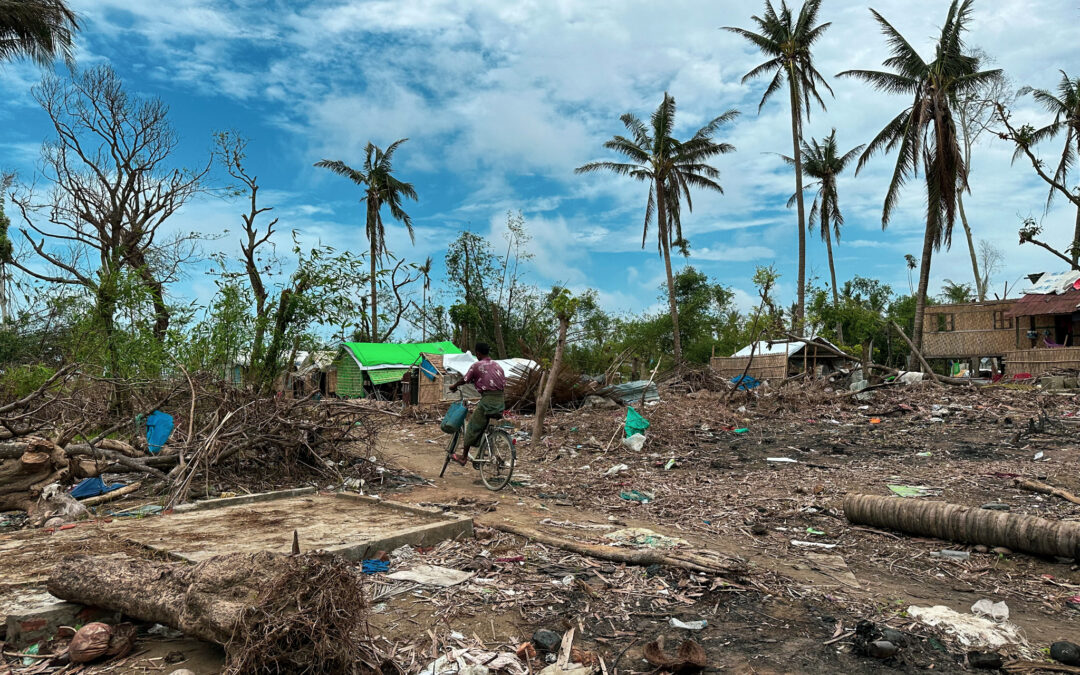
Unraveling the Future: Data-Driven Action for Climate-Induced Forced Displacement
The impact of Cyclone Mocha on Dar Paing village. © UNHCR/Reuben Lim Wende By Andrea Pellandra and Geraldine Henningsen Forced displacement is a pressing global challenge that has become increasingly complex in recent years. The number of forcibly displaced...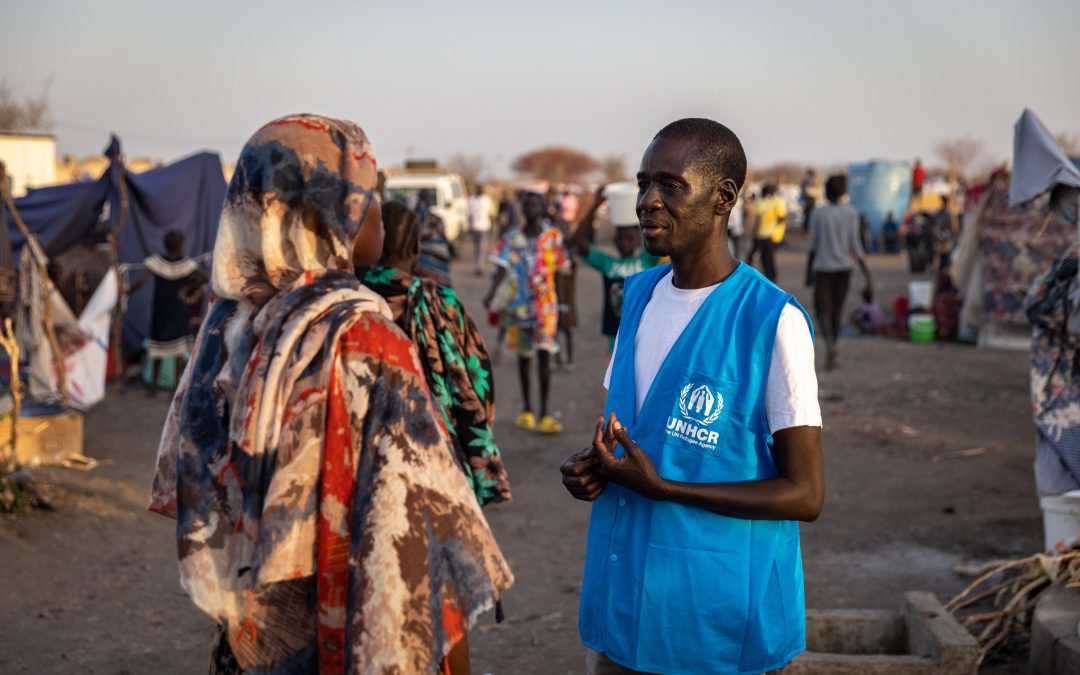
From Training to Deployment: Emergency Refugee Registration
When the armed conflict in Sudan broke out in mid-April 2023, UNHCR conducted the last stages of its revamped Emergency Registration Learning Programme (ERLP). 20 staff from various locations across the world were trained in refugee registration and identity management in emergencies, enabling them to develop and implement efficient and strategic registration processes for emergency situations. They were quickly deployed, as the situation in Sudan only worsened. While the country used to be home for the second highest refugee population in Africa, the renewed conflict has now displaced over 800,000 people inside Sudan.

Keeping UNHCR’s Biometrics System up to date
When UNHCR, the UN Refugee Agency, began collecting biometrics in 2002, it was for one local and very specific use case: To facilitate fair and single-time cash grants, irises of Afghan refugees in Pakistan were collected.
Alongside many developments in biometrics over the past two decades, UNHCR explored and implemented different biometric tools in different regions and for different purposes. Since the beginning, biometrics brought direct benefits to refugees, UNHCR, and partners alike, and are now considered an integral component of registration data in over 90 UNHCR country operations globally.
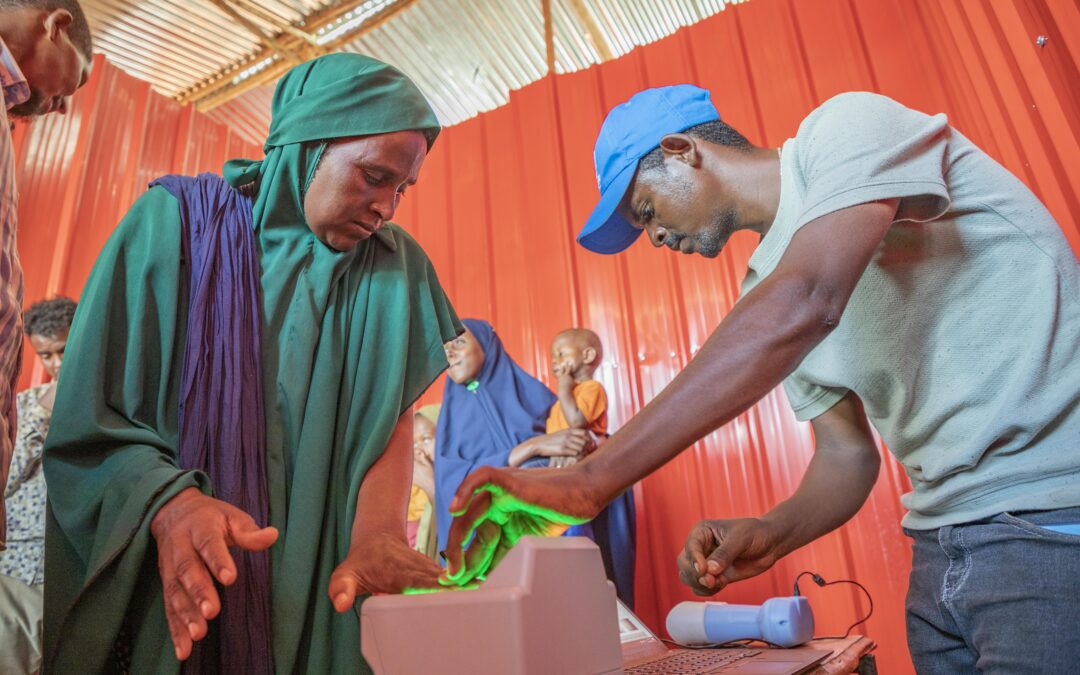
UNHCR’s Biometric Tools in 2023
UNHCR, the UN Refugee Agency, uses a Biometric Identity Management System – or BIMS for short – for biometric enrolments of people forced to flee. It is our primary biometric system within our registration and identity management ecosystem and used in 93 countries across the world.
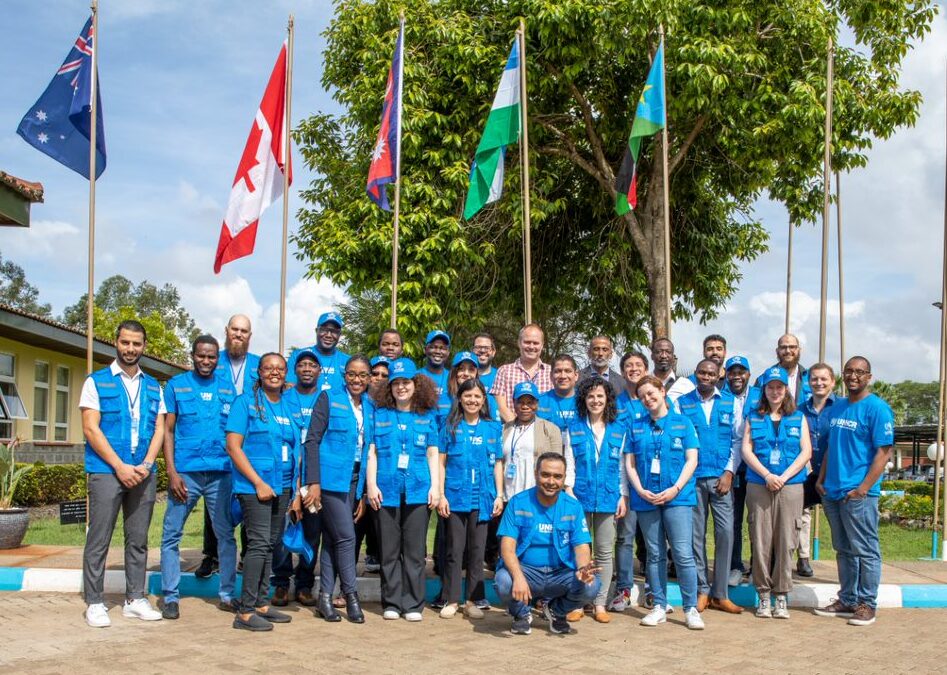
Coherent, coordinated and quality emergency training for UNHCR staff
The typical emergency response relies heavily on UNHCR’s ability to quickly scale up on staffing, budgets, and activities that deliver assistance and protection. UNHCR works with a roster of registration colleagues, who can be deployed within 72 hours when a new emergency arises and has developed a revamped Emergency Registration Learning Programme for colleagues.
